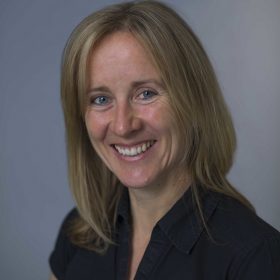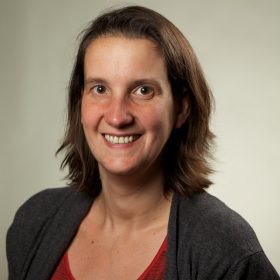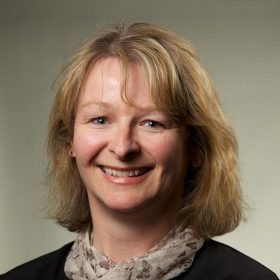PenARC researchers have just signed contracts for new National Institute for Health Care and Research (NIHR) funding to lead a major research project tackling health inequalities for people experiencing homelessness.
The project, Optimising health outcomes for people experiencing homelessness (HOPE), aims to improve understanding of how health and social care services can better support people who are homeless, particularly in accessing and using emergency care.
The HOPE project brings together a wide network of collaborators across health, research and community organisations. Joint applicants include colleagues from PenARC, the University of Exeter Medical School, Devon County Council, Clocktower Surgery in Exeter (a specialist GP practice for people experiencing homelessness), and Groundswell, a London-based charity that involves people with lived experience of homelessness in research.
The project team is led by Rebecca Abbott and Morwenna Rogers from PenARC with lead researcher Naomi Shaw from ESMI, and includes PenARC colleagues Naomi Morley and Jo Thompson-Coon; Liz Shaw, Liz Goodwin and Sue Whiffin from the University of Exeter.
Research prioritisation work between the PenARC Evidence Synthesis Team and a specialised homelessness group from the Office for Health Improvement and Disparities identified the most urgent research priorities in this area.
One key question emerged: Why are people experiencing homelessness more likely to use emergency care, and what prevents those who need it from accessing it?
The HOPE project will run for 18 months and is made up of three main strands:
- Mapping the evidence: creating an evidence and gap map of all research linking homelessness with health outcomes.
- Systematic review: focusing on interventions related to emergency care – what works to help people access it when needed, and what prevents unnecessary use?
- Systems mapping: working with people who have lived experience of homelessness and with professionals to identify practical steps to make emergency care more accessible and effective.
Over the past 18 months, the project has developed a wide-reaching advisory board of more than 20 partner organisations, including local councils, charities, and healthcare providers. There is strong enthusiasm for the project, which addresses an urgent need for evidence to inform policy and practice.
As the team finalises funding and prepares to begin work in November, anticipation is high. Stuart Francis-Dubois from Shelter said:
“We know that people experiencing homelessness have specific medical needs that often go unmet, often resulting in the need for emergency care. I’m excited about this project because it aims to understand what is already known about the disadvantage they experience and we hope to use the results to help us drive systemic change in healthcare for this group.”
Tom Scott-Gatty, a Psychiatry Registrar & Homeless and Rough Sleeper Team said:
“Optimising care pathways will be crucial to addressing the health inequalities this group experiences”
Dr Rob Harrison from the Clocktower Surgery said:
“People experiencing homelessness deserve care that truly meets their needs, yet too often they’re let down by systems that weren’t designed with them in mind. The HOPE project is a vital opportunity to bring evidence and lived clinical experience together, helping drive the change needed to make healthcare fairer and more effective for everyone.”
The findings from HOPE are expected to inform future health and social care policy and enhance services for people experiencing homelessness across the UK.
Authors

Dr Rebecca Abbott
Senior Research Fellow
Morwenna Rogers
Information Specialist
Naomi Morley
Research Associate
Professor Jo Thompson-Coon
Professor of Evidence Synthesis and Health Policy
